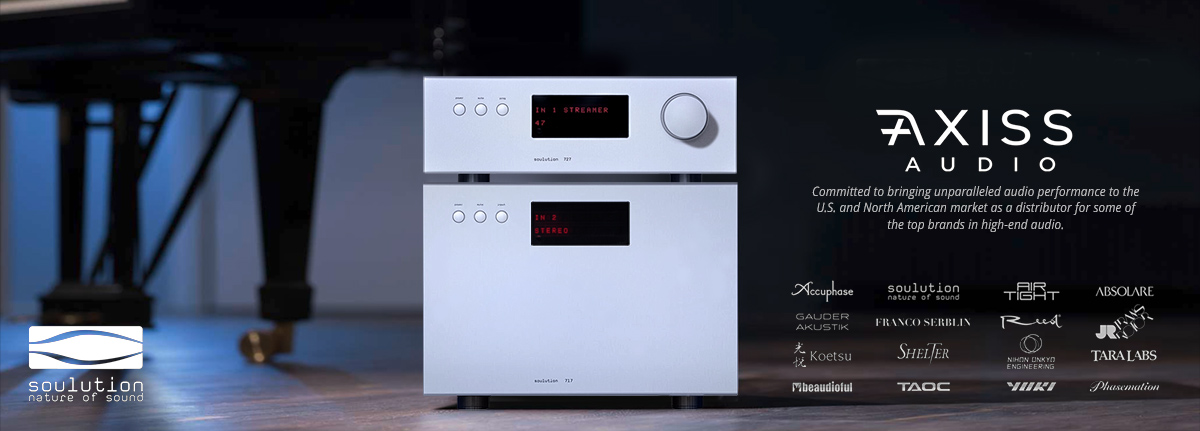Traditionally I have thought that the selection of a preamplifier and the selection of an amplifier are opportunities to select in each case the component you think sounds best for your system, regardless of manufacturer. I have never held a presumption that one should buy a pre-amplifier and an amplifier from the same manufacturer.
Of course when selecting a pre-amplifier from one manufacturer and an amplifier from another manufacturer one must be careful about pre-amp output and amp input gain and voltage compatibility and about impedance compatibility.
Very often, especially for audiophiles who believe "there should be a tube in the system somewhere," matching a tube or hybrid preamplifier with a solid-state amplifier, or matching a solid-state preamplifier with a tube amplifier, are ways to achieve this.
Or someone who likes solid-state components might want to match a warm sounding solid-state preamplifier with a very neutral and crystalline sounding solid-state amplifier -- or the other way around.
Early on I matched a conrad-johnson preamplifier with Manley amplifiers. Then for about 18 years I matched an Aesthetix Io phono + line gain preamplifier with VTL amplifiers.
Over the last few years I have come to the personal view that one should have a pretty darn good reason for not selecting a preamplifier and amplifier from the same company. Such same-brand matching almost always obviates concerns about gain and voltage compatibility and about impedance compatibility. I will be hatching (thanks, MikeL) my new system with a VTL preamplifier matched with VTL amplifiers.
What do you think?
What are the pros and cons of selecting different brand versus same brand preamplifier and amplifier combinations?
What has been your experience on this subject?
Which kinds of combinations have worked out best for your system?
Of course when selecting a pre-amplifier from one manufacturer and an amplifier from another manufacturer one must be careful about pre-amp output and amp input gain and voltage compatibility and about impedance compatibility.
Very often, especially for audiophiles who believe "there should be a tube in the system somewhere," matching a tube or hybrid preamplifier with a solid-state amplifier, or matching a solid-state preamplifier with a tube amplifier, are ways to achieve this.
Or someone who likes solid-state components might want to match a warm sounding solid-state preamplifier with a very neutral and crystalline sounding solid-state amplifier -- or the other way around.
Early on I matched a conrad-johnson preamplifier with Manley amplifiers. Then for about 18 years I matched an Aesthetix Io phono + line gain preamplifier with VTL amplifiers.
Over the last few years I have come to the personal view that one should have a pretty darn good reason for not selecting a preamplifier and amplifier from the same company. Such same-brand matching almost always obviates concerns about gain and voltage compatibility and about impedance compatibility. I will be hatching (thanks, MikeL) my new system with a VTL preamplifier matched with VTL amplifiers.
What do you think?
What are the pros and cons of selecting different brand versus same brand preamplifier and amplifier combinations?
What has been your experience on this subject?
Which kinds of combinations have worked out best for your system?
Last edited:
















